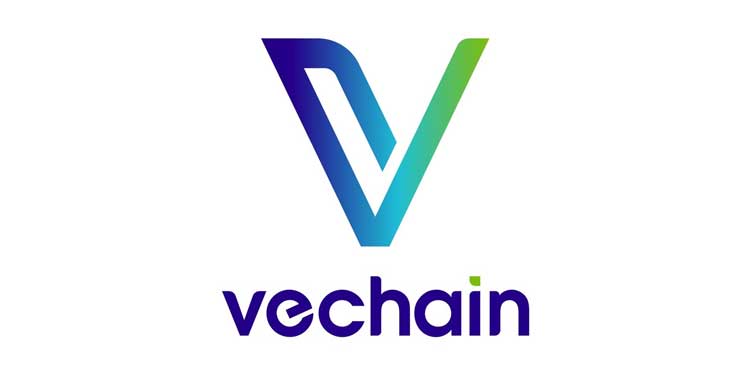
Under the the partnership Shenzhen will be able to monitor pork products supplied by Meijiada Fresh Foods, subsidiary of the retailer.
The collaboration will also pave way for tracking data pertaining to the manner in which Meijiada’s pork was raised and transported to supermarkets.
Notably, it is mandatory for Meijiada chain to sell fresh meat on the day of packing. Unsold product is meant to be “systematically collected and processed, and will not be sold the next day.”
Meijiada will utilize VeChain’s ToolChain and blockchain to offer elaborate info related to the origin, logistics and processing data related to meat produced by the Shenzhen Yuhongtain Foods.
Consumers can gain access to unalterable info underlying the production and supply chain of Meijiada’s pork products by scanning a QR code provided on the product label.
Meijiada and the Chinese company stressed that additional products will soon be tracked using blockchain in the near future.
As adoption of blockchain / distributed ledger technology is on the rise, there is a huge competition among tech firms to grab a share of the blockchain market.
In May 2019, Amazon filed a patent for a blockchain powered platform structured to monitor goods being shifted across the supply chain.
India’s biggest port operator Apsez rolled out collaboration with IBM’s TradeLens platform to digitize supply chain procedures.
Ontology (ONT) also recently entered into an agreement with Spherity, Germany based digital identity startup, to lead innovations in supply chain based identity systems.